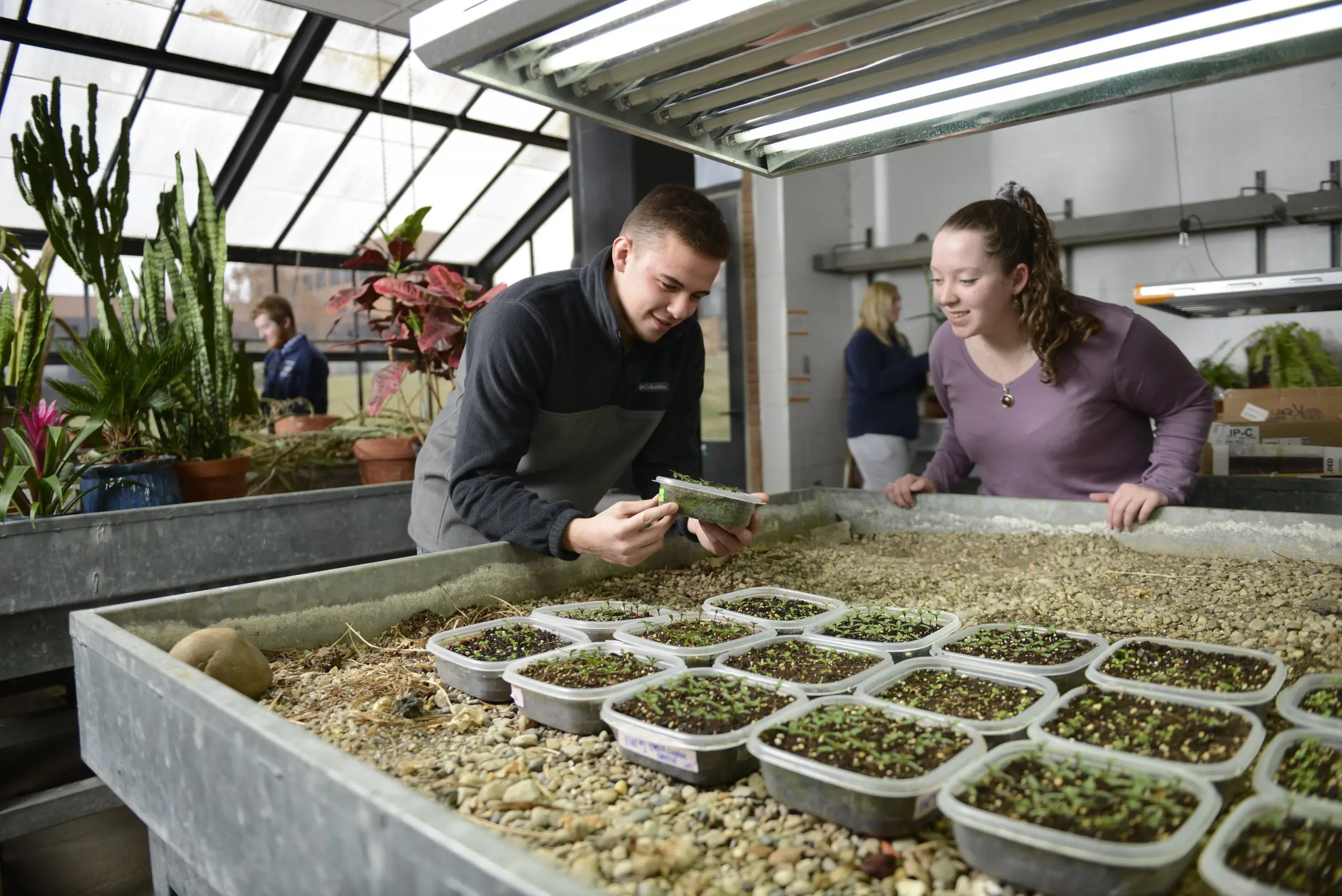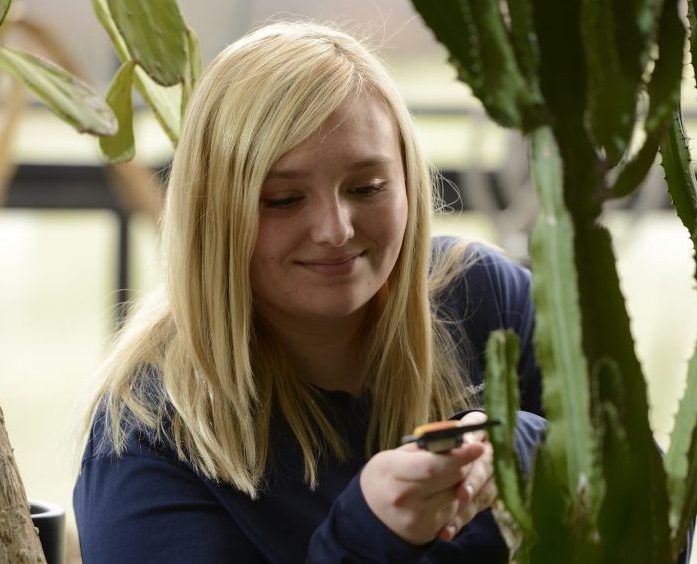
Environmental Science
Minor

Through the Department of Biological Sciences, Thomas More offers a minor in environmental science. This program contains a solid foundation in the natural sciences and addresses environmental issues and concerns, such as climate change and the loss of biodiversity. The minor emphasizes basic research in ecology, applied research and teaching that directly address local, regional, and global environmental concerns. The minor helps position students for graduate school, and secondarily, for work in public service, government, consulting, and nonprofit environmental organizations.
